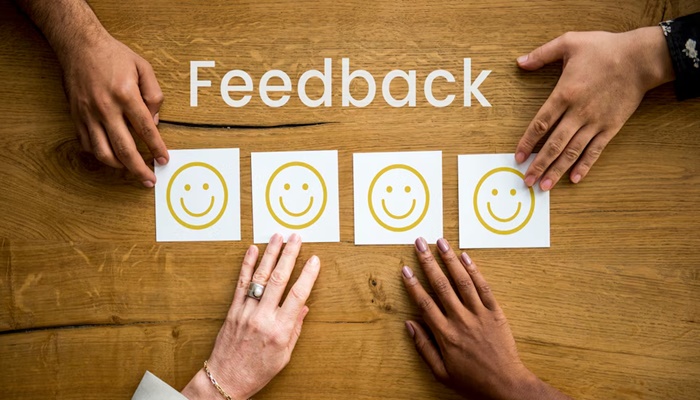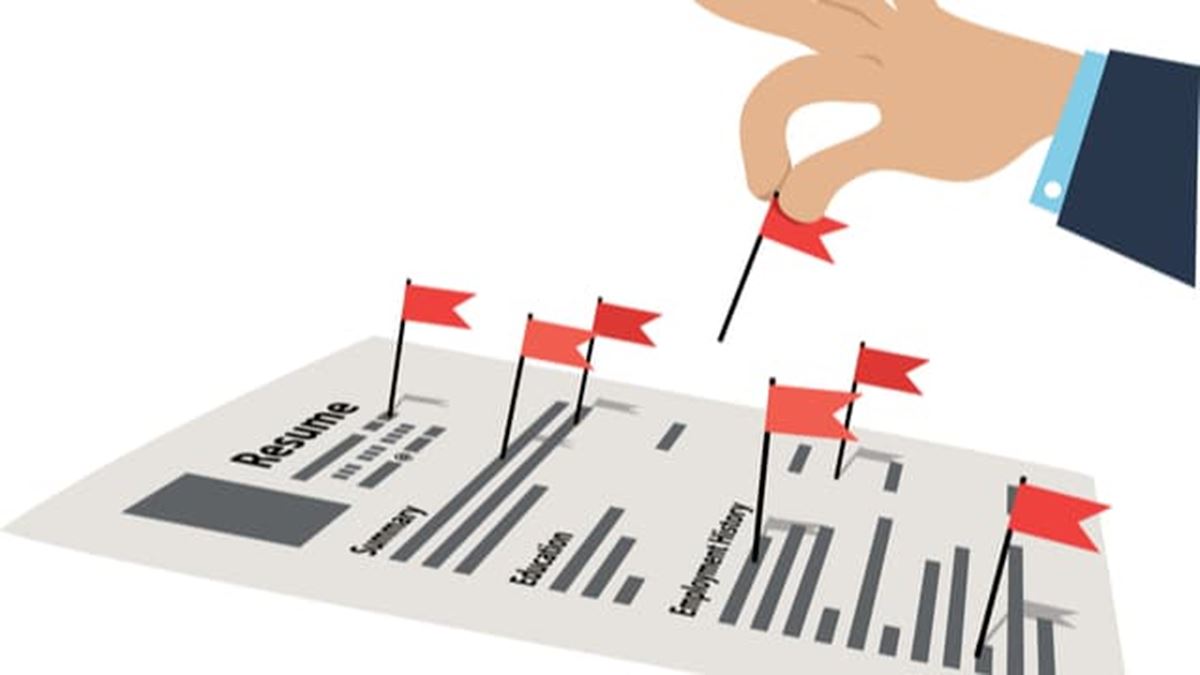From Reddit threads to LinkedIn confessions, employees are increasingly calling out toxic managerial behaviour online. They spotlight how bosses deny holidays and guilt-trip staff into logging in, even when unwell. Recent viral posts have exposed how some managers micromanage, ignore employees’ health concerns, and refuse even basic leave.
One Reddit post narrated a manager denying sick leave with a cold-blooded “It will be loss of pay.” Another recounted a zonal head berating an employee grieving a parent’s death. “Everyone’s mother dies… You are useless anyway,” said the manager. These stories aren’t isolated; they are symptoms of a deeper crisis in workplace culture.
This article discusses the emotional toil of toxic workplace leadership, the cultural roots of guilt around asking for leave, and expert-backed strategies for fostering more compassionate workplaces.
Culture of guilt around taking time off
As the conversation deepens, experts say the issue goes beyond isolated incidents, pointing to a broader culture of guilt surrounding leave.
“Every festive season brings along the same anguish. Instead of excitement, I’m filled with anxiety and dread, mostly when asking for leave. If the request is denied, the guilt of letting down the family and disrupting their plans makes it worse,” says a dejected 30-year-old multimedia journalist working with a leading media house.
Priya Rajiv, an integrated wellness mentor and founder of The Wellness Network, attributes this to a generational hangover. “Gaslighting and guilt-tripping employees are commonplace these days. Millennials inherited rigid work ethics from Gen X managers. Now, some impose the same on Gen Zs, who reject it and prioritise physical and mental well-being.”
Psychologist Rohita Sateesh, who founded the Indore-based TalkRemedies, adds, “Rest isn’t a luxury—it’s a necessity. Developing self-compassion, setting up firm boundaries, and seeking support—whether from colleagues or mental health professionals—can relieve one from guilt and allow employees to step away without worry.”
Gaslighting and guilt-tripping employees are commonplace these days. It is pure generational hangover- Priya Rajiv, an integrated wellness mentor and founder of The Wellness Network
Empathy in workplace communication
Amid growing backlash, the role of empathy in workplace communication is coming under the spotlight.
“Empathy is the foundation of genuine connection,” says Rohita. “It fosters an environment where colleagues feel heard and understood. When empathy is present, communication becomes a two-way street, encouraging openness and mutual respect.”
Sweta Todi, head of People Operations at Evolutyz, an IT services company with offices in India and the US, adds that HR teams are increasingly responsive to emotional burnout.
A Canadian manager’s message to his Indian employee, “You look tired, take leave, boss,” went viral for the show of genuine concern and compassion, sparking conversations about healthy workplace culture.
Empathy is the foundation of genuine connection. It fosters an environment where colleagues feel heard and understood- Rohita Sateesh, licensed rehabilitation psychologist and founder Indore-based TalkRemedies
Sweta says, “Contrary to what’s being said online, companies are more accommodating these days. Unless urgent operational needs arise, personal biases rarely influence decisions, one way or the other.”
Arnab Mallik, co-founder, Learning Soil Edu, says, “In my experience across many organisations, sick leave is never denied, even during staff shortages. Strong policies and legal safeguards ensure that. While operational pressures do exist, we always prioritise empathy and make sure the employees feel supported.”
Toxic leadership and its mental fallout
Even as empathy is being championed, experts warn that unchecked toxicity at the top quietly erodes employee mental health.
“Unfortunately, yes,” says Rohita. “Toxic leadership creates a hostile environment that drains emotional resources over time. Persistent exposure to such culture increases the risk of burnout, anxiety, and depression, impacting long-term mental health and overall well-being.”
A LinkedIn post highlighted the rise of “demotivated leave,” where employees take time off not for illness, but to overcome emotional exhaustion caused by toxic leadership.
The overwhelming psychological impact of leave denial:
“When employees are consistently denied leave or hovered over with micromanagement, the ‘occupational hazards’ can chip away at their sense of independence and trust,” points out Rohita. “Over time, this pressure fuels stress, and the resultant demotivation can possibly impair mental health, making the workplace seem like an anxiety-causing space rather than being a growth-oriented source.”
Managerial support crucial for change
In response to these concerns, experts urge managers to take a more active role in supporting employee well-being.
“Managers have a powerful role in shaping workplace mental health,” says Rohita. “Being a good listener, showing genuine concern, respecting boundaries, and fostering trust are vital steps that augur well. Creating a culture where employees feel secure and safe to open up about their struggles can make all the difference.”
In short, managers can make or break the organisation.
Sweta recommends 360-degree feedback, emotional intelligence training before promotion, and mentorship programmes to build empathetic leadership.
Legal protections exist, but often fall short
While cultural change is essential, legal protections also play a role, even though they remain limited and inconsistent across industries.
“There are no such specific laws,” says Hyderabad-based Advocate Ramakanth, who has been into service and corporate law for the last two decades. “Protections exist under workmen compensation laws, but outcomes rarely lead to significant or meaningful outcomes.”
Ramakanth adds, “India is a service-driven country. HR personnel and managers aren’t solely to blame—they, too, have targets. Laws exist and appear powerful on paper, but pursuing them may not be viable for most employees. And that is the bottom line.”
HR personnel and managers aren’t solely to blame—they, too, have targets- Advocate Ramakanth
5 ways managers can step up
Priya Rajiv lists five actionable ways managers can communicate respectfully with their team.
A toxic workplace just doesn’t hurt productivity; it damages mental health. As viral social posts continue to expose toxic patterns, the message is clear: leadership must evolve.
Having empathy is a strength, and in today’s workplace, it can be the difference between burnout and belonging.




















